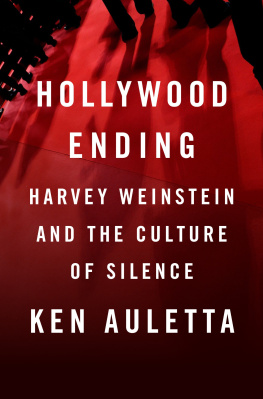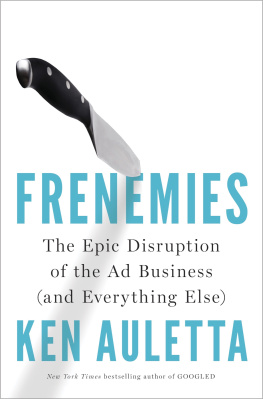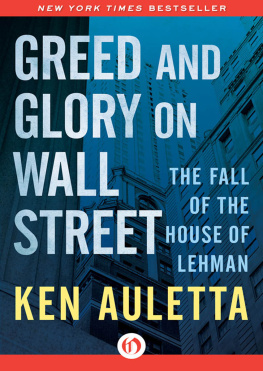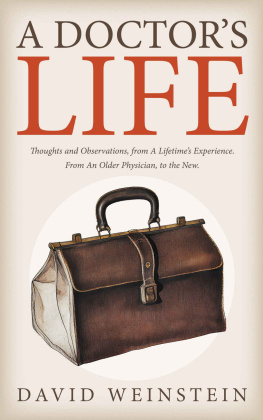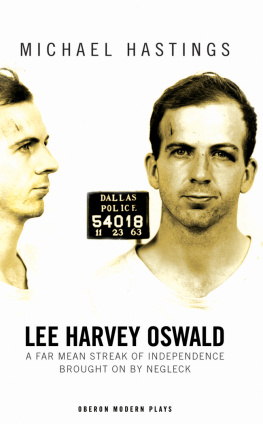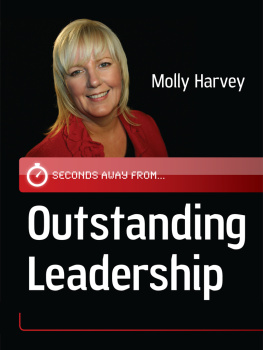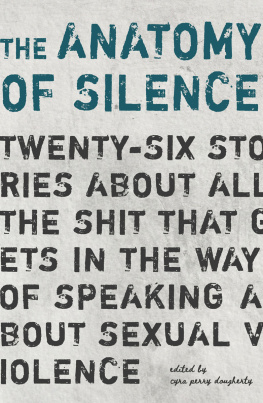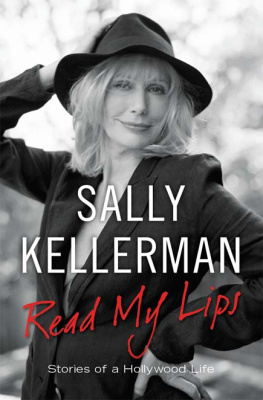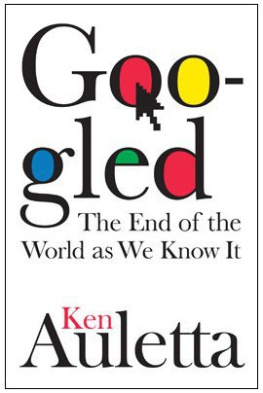Ken Auletta - Hollywood Ending: Harvey Weinstein and the Culture of Silence
Here you can read online Ken Auletta - Hollywood Ending: Harvey Weinstein and the Culture of Silence full text of the book (entire story) in english for free. Download pdf and epub, get meaning, cover and reviews about this ebook. year: 2022, publisher: Penguin Publishing Group, genre: Non-fiction. Description of the work, (preface) as well as reviews are available. Best literature library LitArk.com created for fans of good reading and offers a wide selection of genres:
Romance novel
Science fiction
Adventure
Detective
Science
History
Home and family
Prose
Art
Politics
Computer
Non-fiction
Religion
Business
Children
Humor
Choose a favorite category and find really read worthwhile books. Enjoy immersion in the world of imagination, feel the emotions of the characters or learn something new for yourself, make an fascinating discovery.
- Book:Hollywood Ending: Harvey Weinstein and the Culture of Silence
- Author:
- Publisher:Penguin Publishing Group
- Genre:
- Year:2022
- Rating:5 / 5
- Favourites:Add to favourites
- Your mark:
- 100
- 1
- 2
- 3
- 4
- 5
Hollywood Ending: Harvey Weinstein and the Culture of Silence: summary, description and annotation
We offer to read an annotation, description, summary or preface (depends on what the author of the book "Hollywood Ending: Harvey Weinstein and the Culture of Silence" wrote himself). If you haven't found the necessary information about the book — write in the comments, we will try to find it.
Hollywood Ending: Harvey Weinstein and the Culture of Silence — read online for free the complete book (whole text) full work
Below is the text of the book, divided by pages. System saving the place of the last page read, allows you to conveniently read the book "Hollywood Ending: Harvey Weinstein and the Culture of Silence" online for free, without having to search again every time where you left off. Put a bookmark, and you can go to the page where you finished reading at any time.
Font size:
Interval:
Bookmark:
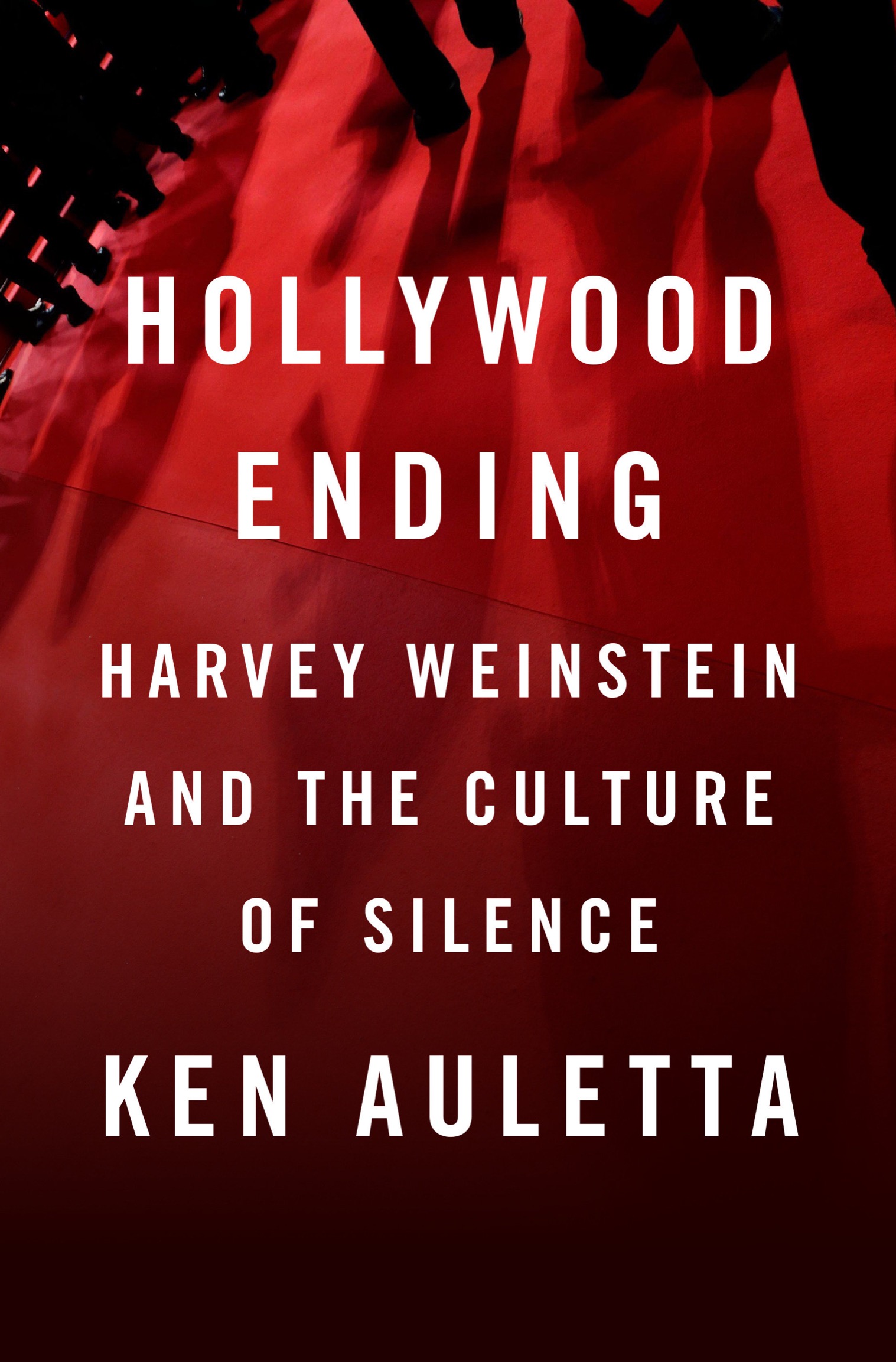
Frenemies: The Epic Disruption of the Ad Business (and Everything Else)
Googled: The End of the World as We Know It
Media Man: Ted Turners Improbable Empire
Backstory: Inside the Business of News
World War 3.0: Microsoft and Its Enemies
The Best Business Stories of the Year, 2002 Edition
The Highwaymen: Warriors of the Information Superhighway
Three Blind Mice: How the TV Networks Lost Their Way
Greed and Glory on Wall Street: The Fall of the House of Lehman
The Art of Corporate Success: The Story of Schlumberger
The Underclass
Hard Feelings: Reporting on the Pols, the Press, the People and the City
The Streets Were Paved with Gold: The Decline of New York, An American Tragedy
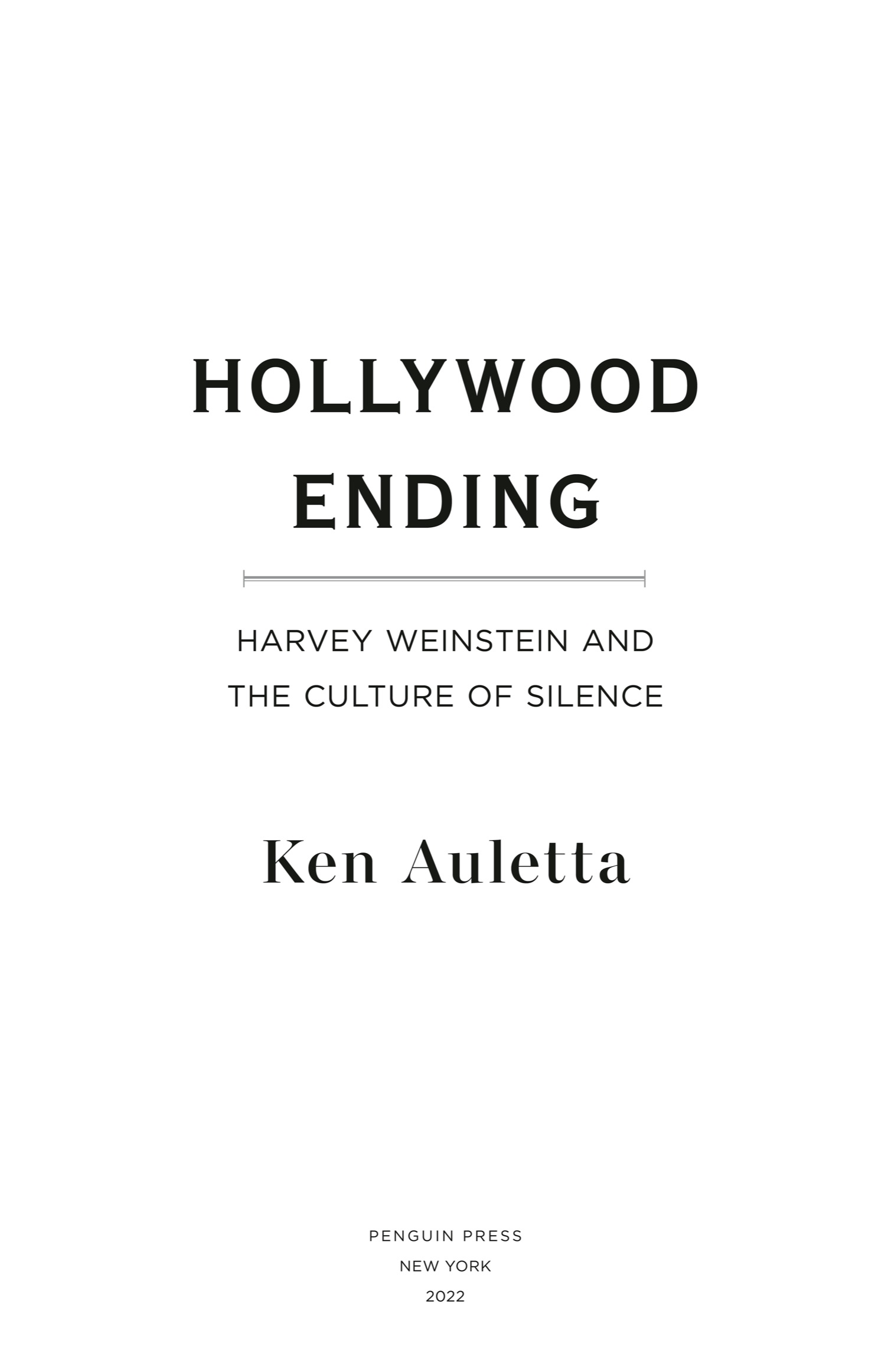
PENGUIN PRESS
An imprint of Penguin Random House LLC
penguinrandomhouse.com
Copyright 2022 by Ken Auletta
Penguin Random House supports copyright. Copyright fuels creativity, encourages diverse voices, promotes free speech, and creates a vibrant culture. Thank you for buying an authorized edition of this book and for complying with copyright laws by not reproducing, scanning, or distributing any part of it in any form without permission. You are supporting writers and allowing Penguin Random House to continue to publish books for every reader.
Lyrics on are reprinted by permission of James Dolan.
Image credits appear on .
Ebook ISBN: 9781984878380
Library of Congress record available at https://lccn.loc.gov/2022937907
Cover design: Christopher Brian King
Cover image: Reuters / Alamy Stock Photo
Designed by Amanda Dewey, adapted for ebook by Cora Wigen
pid_prh_6.0_140427245_c0_r0
For Binky
Once, he exuded power. Films he produced and distributed garnered 81 Academy Awards and 341 Oscar nominations. Only Steven Spielberg was thanked more often from the awards stage. He boasted of his friendships with Presidents Clinton and Obama, and of the famous actresses he claimed to have bedded. Inside the office, he terrified the four assistants who serviced his needs, and he bellowed at most of his executives. Outside the office, he flashed a dazzling, capped-toothed smile while strolling hundreds of red carpets, trailed by clicking cameras, often accompanied by his second wife, fashion designer Georgina Chapman, who dressed some of the stars lit by the paparazzi flashes. He was that rare Hollywood figure known instantly by his first name: Harvey.
The gray concrete sidewalk Harvey Weinstein crossed daily in the winter of 2020 was not a red carpet, but a gauntlet. Waiting for him to arrive at the criminal court building at 100 Centre Street were armed police officers and metal police barricades corralling a throng of reporters who did not adhere to the respectful protocols of a Hollywood opening. Because of his recent back surgery, when his black Cadillac Escalade braked in front of the New York State Supreme Court building, Harvey had to be helped out of the back seat by two burly men. He slowly shuffled in black orthopedic shoes toward the buildings entrance a hundred or so feet away on a four-wheel walker, trailed by his team of lawyers and public relations advisers. Harvey did not pause and rarely looked up to respond to shouted questions or to smile for the cameras. Once inside the building, he dutifully emptied his pockets and passed through a metal detector. An elevator whisked Harvey and his entourage to the fifteenth floor, where he passed a second gauntlet of cameras and reporters before entering courtroom 1530 for his criminal trial for predatory rape and sexual assault.
Harveys worldthe world in which he was in chargewas upended forever over a few days in early October 2017, when The New York Times and The New Yorker publicly proclaimed that he was a sexual beast, and the Weinstein Company fired him. Seven months later, Harvey was indicted by a grand jury convened by the Manhattan district attorney. Now as he entered the courtroom, he faced a criminal trial that threatened to place him behind bars for the rest of his life. For eight weeks, beginning on January 6, 2020, Harvey walked this concrete carpet Monday through Friday.
He now dressed more like a midwestern businessman out of a Sinclair Lewis novel than a Hollywood power brokerdrab, boxy suits; white shirts with crumpled collars; and dull, slightly askew ties. He looked miserable. He had lost at least seventy-five pounds, his pallor was gray, and his scruffy stubble beard failed to camouflage the crevices and lines of his swollen face.
In court, Harvey would settle into a low-backed leather chair, flanked by his five lawyers at a table facing Judge James M. Burke on his elevated platform. His prosecutors, assistant district attorney and Special Counsel to the D.A. Joan Illuzzi and her deputy, Meghan Hast, deputy chief of the Violent Criminal Enterprises Unit, were seated at a table to his right, close to the twelve-member jury box. Every day, about one hundred twenty-five journalists and spectators crammed into the courtroom; more reporters and spectators often waited outside to enter or for a chance to verbally assail Harvey and his lawyers.
Assistant district attorney Illuzzi would say more than once that Harveys walker was a prop to elicit sympathy, a view widely shared by his detractors and not a few members of the press. In truth, Harvey Weinstein was not well. After a car accident in 2019, he had been dragging his right foot for a solid year, and his back was operated on days before the trial began to ease pain and correct spinal stenosis and drop foot. The operation was not successful. He also suffered from high blood pressure, elevated cholesterol, chronic diabetes, a weak heart, and he was receiving what his lawyer described as shots in his eyes to treat macular degeneration. In all, Harvey had prescriptions for twenty different medications.
Harvey had been indicted on five counts of assault and rape of three women: Miriam Haley (formerly Haleyi), a production assistant at the Weinstein Company; aspiring actress Jessica Mann; and established actress Annabella Sciorra. Woven throughout the prosecution case was the assertion that Weinstein abused his power as head of Miramax, and later the Weinstein Company, to entrap aspiring actresses, models, and women on his staff. After he coerced sexual access, sometimes brutally, they kept silent, shamed or fearful he would sabotage their careers. They wanted to be in the movie business, and he was not only their biggest but often their only connection.
Harveys team believed their defense was formidable. Sex with these women was consensual, his lawyers insisted. They pounded the jury with evidence that both Haley and Mann, on whose testimony the case pivoted, kept in touch with Harvey after his alleged assaults, sending him emails, asking for jobs and favors, and eventually engaging in voluntary sex with him. Sciorra did not maintain contact, but the defense hit back hard at her for being unable to identify the year1993 or 1994in which the rape occurred, suggesting that she had lied. Two of the three other female witnesses who would testify also sought favors from Harvey after he allegedly abused them. And given the flood of negative publicity about Harvey over the two years since the stories broke, the defense claimed he was robbed of a presumption of innocence because it was not easy to locate jurors who did not have an opinion about Harvey Weinstein. Just over one third of the approximately six hundred potential jurors screened by Judge Burke in the courtroom prior to the trial were excused when they said they could not be impartial.
Font size:
Interval:
Bookmark:
Similar books «Hollywood Ending: Harvey Weinstein and the Culture of Silence»
Look at similar books to Hollywood Ending: Harvey Weinstein and the Culture of Silence. We have selected literature similar in name and meaning in the hope of providing readers with more options to find new, interesting, not yet read works.
Discussion, reviews of the book Hollywood Ending: Harvey Weinstein and the Culture of Silence and just readers' own opinions. Leave your comments, write what you think about the work, its meaning or the main characters. Specify what exactly you liked and what you didn't like, and why you think so.

